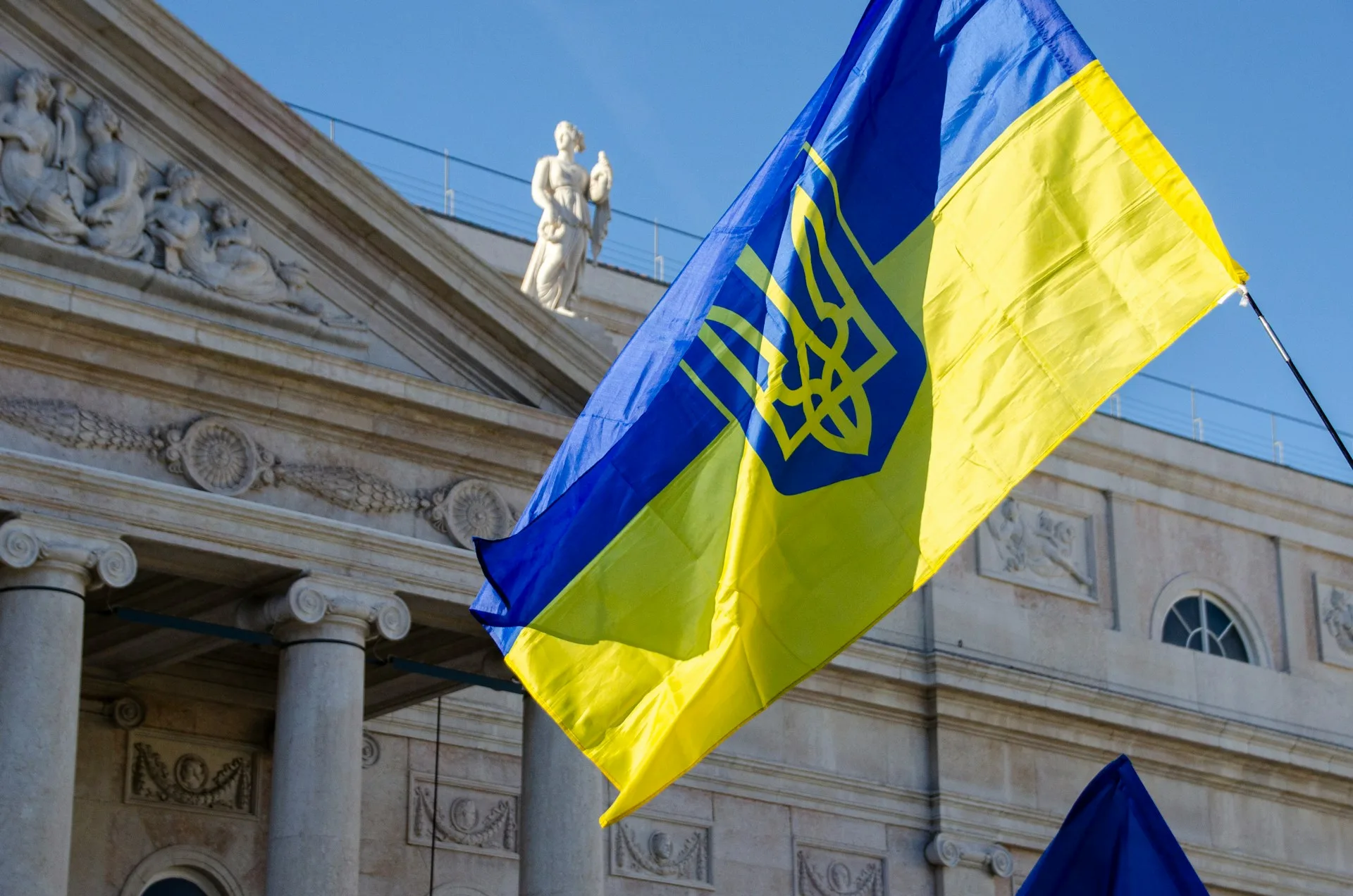The Unity Ecosystem aims to create a harmonised infrastructure to support Ukrainians outside the country. The initiative combines physical Unity hubs, a digital platform and a mobile application that work as a single network. It provides citizens with immediate access to counselling, medical care, cultural adaptation and document verification services. The project is being implemented under the auspices of the Ministry of National Unity and the National Unity Agency of Ukraine to ensure the integrity of services in the countries of residence of our compatriots.
Read also: What is the future of Ukrainians abroad? The experience of a community in Sweden
Extensive network of partners and support centres
Unity hubs operate in more than 20 key metropolises: Berlin, Warsaw, London, Paris, Rome, Tokyo, Toronto, New York and others. Each centre is equipped with spaces for individual consultations and group events. Legal advisers provide assistance in registering citizens, applying for residence permits and protecting rights in case of discrimination. Psychologists provide both one-off sessions and therapy for post-traumatic disorders. Translators ensure communication with local institutions, and volunteers organise cultural events and language clubs. Collaboration with Ukrainian diaspora organisations ensures that information is shared promptly and that national traditions are incorporated into local support programmes.
Read also: The East Europe Foundation presented an online course on European integration
Advanced digital services
The Unity Network digital platform integrates several modules:
- The video consultation module allows you to connect live with experts in legal, medical and educational matters. The remote appointment service covers more than 150 partner clinics in Europe and North America. The knowledge base contains more than 500 articles and video tutorials on legal procedures, migration rules and psychological advice.
- An AI-powered chatbot responds to common queries 24/7, redirecting complex questions to specialists. A new housing search module compares offers based on security ratings and landlord verification. The Data-hub feature allows users to upload copies of passports, certificates and insurance policies to an encrypted vault with two-factor authentication.
Read also: Commission in two days. How accelerated MMCs threaten the security of the army
Interactive map and analytics
Unity Network’s interactive map displays not only the physical locations of the centres, but also attendance statistics, the number of requests by category (legal, medical, educational) and the average waiting time for a consultation. The machine learning-based analytics system predicts the need to expand hubs and resources based on the dynamics of the flow of citizens. Administrators receive automated reports with service quality indicators, which helps to improve the speed of response. Push notifications are planned to be launched to inform about changes in immigration legislation, border closures and important cultural events, which will help Ukrainians quickly navigate the new environment.
Read also: Civilian protection in a new way: how the state and the public build a common security system
Funding and international support
The project is monitored by a special working group in the government and reports quarterly to the supervisory board. Government funding is combined with grants from the EU, USAID, the World Bank and private donors. International agreements provide training for 300 volunteers annually, grants for the development of IT solutions and funding for mobile aid stations on Ukraine’s borders. In 2026, the company plans to raise €5 million in additional funds to expand Unity hubs in Latin America and Asia.
Read also: Sexual abuse on the Internet. How children in Ukraine face risks online
Socio-cultural and educational initiatives
Unity hubs serve as platforms for language courses with an intensive immersion methodology, screenings of Ukrainian films, and exhibitions of contemporary art. The online academy offers more than 20 free courses in entrepreneurship, project management, and digital marketing with certification. Partnerships with leading EU universities offer students the opportunity to earn academic credits remotely and participate in joint research projects. Quarterly diaspora forums provide a platform for sharing experiences and developing integration strategies.
Read also: The invisible horror of Kherson. Killer drones against civilians
Challenges and further development
The growing number of cases is causing a shortage of qualified specialists in some hubs, especially in Southern Europe. In response, a remote counselling programme using telemedicine and legal e-consultations was launched. Partnerships with international volunteer networks are being developed to engage young people and professionals from various fields. A prototype of a 24/7 emergency psychological assistance service with anonymous chat rooms is currently being tested. The long-term strategy envisages opening mobile hubs at border checkpoints and introducing VR tours for virtual tours of Ukraine.
Read also: Ukraine’s rehabilitation system is overloaded due to war and lack of specialists



